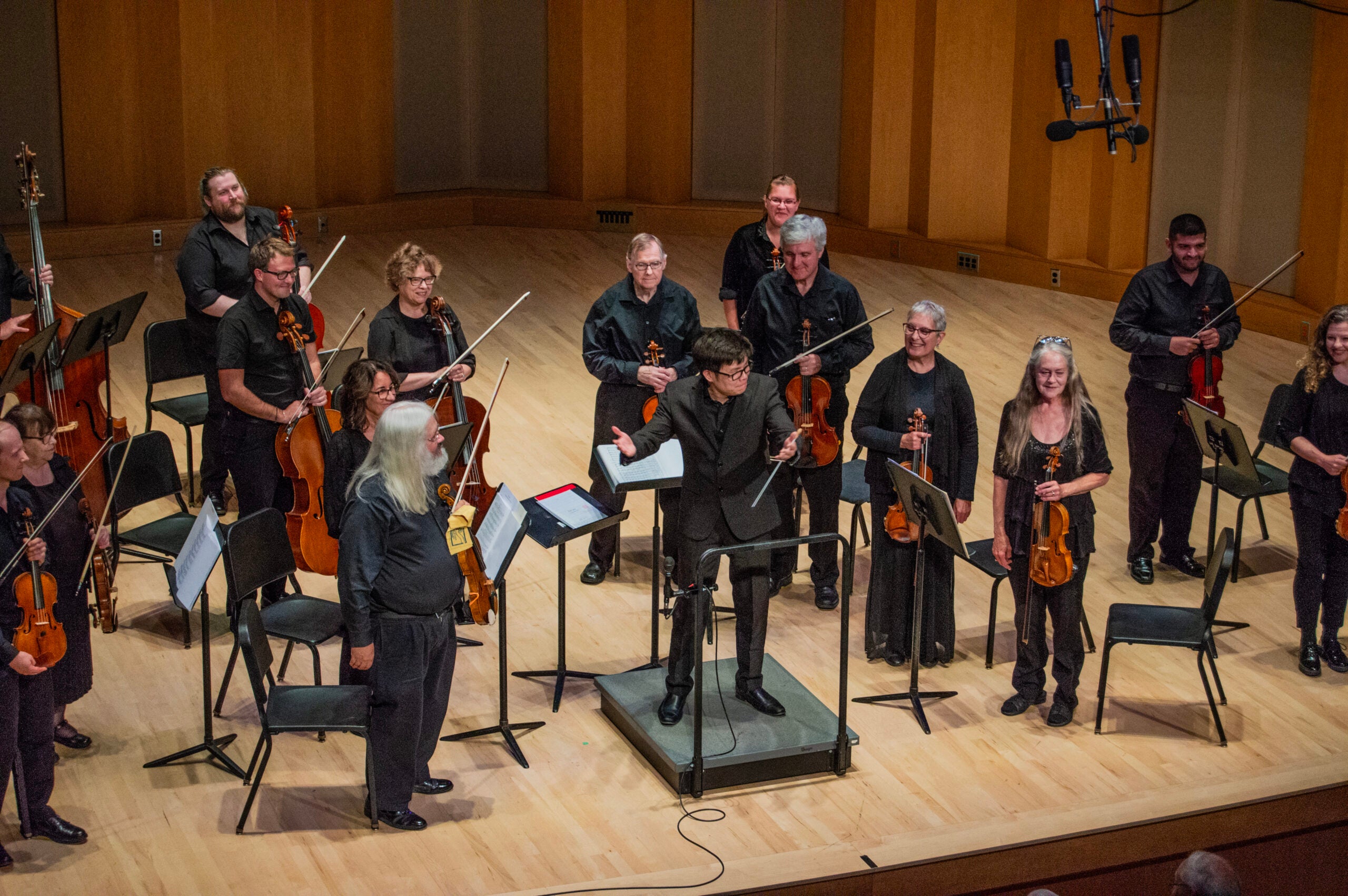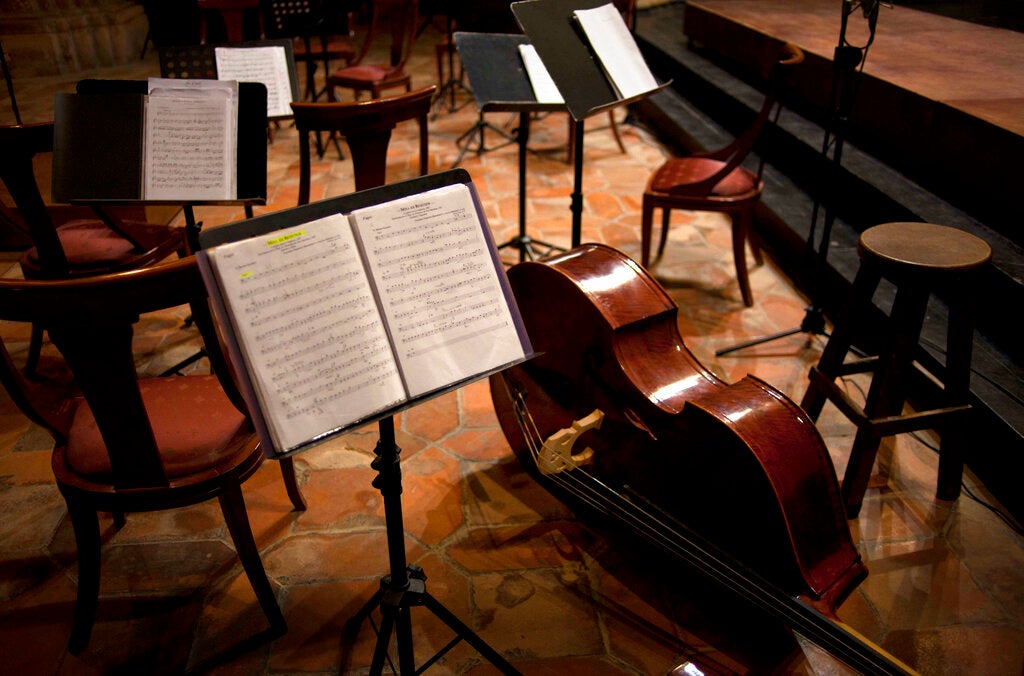In his memoirs librettist Lorenzo Da Ponte takes credit for using tact to bring about the debut of Mozart’s masterpiece The Marriage of Figaro.
[Mozart] asked me how hard it would be for me to make an opera of a comedy by Beaumarchais–The Marriage of Figaro. I liked the idea a lot and promised him to write one. There was a major obstacle though. Just a few days earlier the Emperor had forbidden the German company at the theater to perform that comedy, which he thought was too off-color for a self-respecting audience.
How could I suggest it to him for an opera?
Stay informed on the latest news
Sign up for WPR’s email newsletter.
Da Ponte decided to write the libretto in secret and show it to the theater directors–or to the Emperor himself–so that they could see how tastefully the play could be adapted for opera.
I went to work, and as fast as I wrote the words, Mozart set them to music. In six weeks everything was ready. The Opera was in need of scores just then and, taking the opportunity, I went to the Emperor to offer him The Marriage of Figaro.
“What?” he said. “Don’t you know that even though he’s a marvelous writer of instrumental
music, Mozart has written only one opera, and nothing special at that?”
“Yes, Sire,” I said softly, “but without your Majesty’s good will, I would have written just one drama in Vienna.”
“Maybe so,” he answered, “but this Marriage of Figaro–I have just forbidden the German company to use it!”
“Yes, Sire,” I replied, “but I was writing an opera and not a comedy. I had to leave out many scenes and trim others extensively. I’ve left out anything that might offend good taste or public decency at a performance over which the Sovereign Majesty might preside. And if I may say so, the music seems absolutely beautiful.”
“Very well. If that’s the way it is, I will rely on your good taste regarding the music and on your wisdom regarding the morality. Send the score to the copyist.”
The Marriage of Figaro had its debut in Vienna on May 1, 1786. Next, the story from Mozart’s perspective.
Wisconsin Public Radio, © Copyright 2024, Board of Regents of the University of Wisconsin System and Wisconsin Educational Communications Board.


